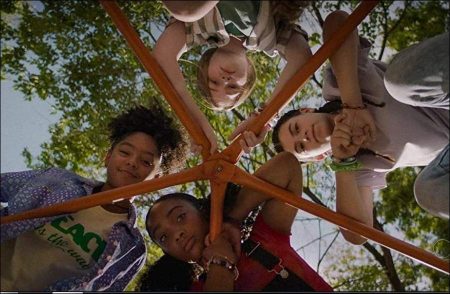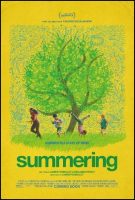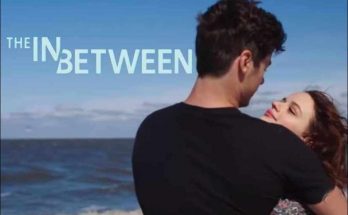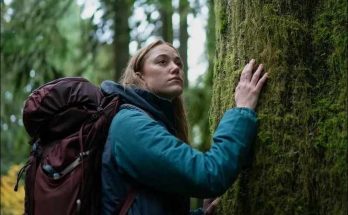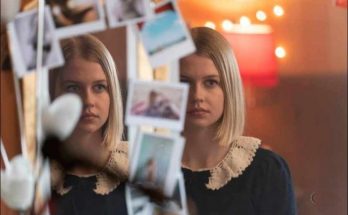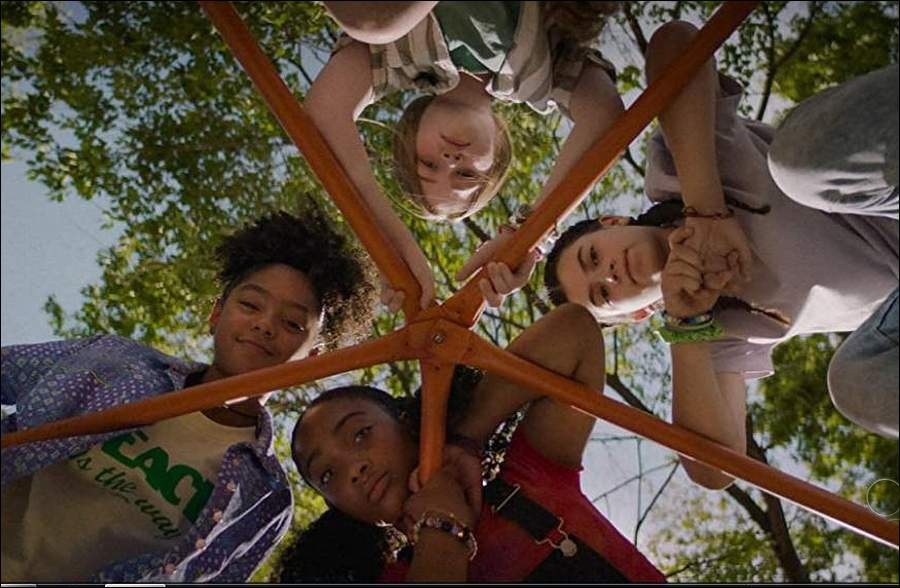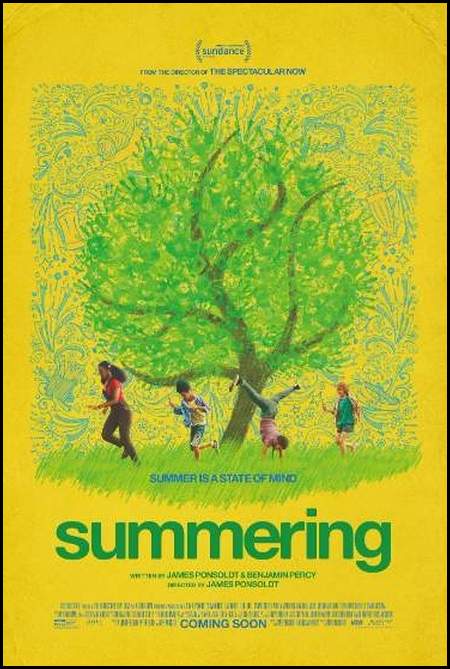Summering Movie Storyline. At a glance, there doesn’t seem to be any reason Summering shouldn’t work. The coming-of-age drama boasts a sensitive director in James Ponsoldt (The Spectacular Now, The End of the Tour), and a likable (if not terribly high-profile) cast including Megan Mullally and Lake Bell.
Its premise is essentially an updated spin on Stand By Me, touching on timeless themes about friendship and growing up. But alas, its potential for magic is dulled by uneven performances, unconvincing chemistry and an uninspiring script. Summering ends up a movie that’s easier to appreciate for what it’s trying to do than love for what it’s actually doing.
The film opens with what appears to be a classic slasher scenario — trembling bodies in a bathtub, an ominous shadow lunging from behind the shower curtain — only to reveal itself as an elaborate game of make-believe, played by four 11-year-old girls relishing the last golden weekend of summer before the first day of middle school.
But their elaborate performances of fear turn out to be a precursor for a more grounded expression of the real thing. First, the girls discover a dead body, and set out to solve the mystery of who the man was and how he got there by traipsing all over town in search of clues. Along the way, they let slip the deeper, truer anxieties weighing on their young hearts.
Daisy (Lia Barnett) grieves the father who recently disappeared, but can barely bring herself to acknowledge that her mother (Bell) probably knows more about his whereabouts than she lets on. Mari (Eden Grace Redfield) frets about transferring to Catholic school, away from the friends she’s known all her life. Spiritual Lola (Sanai Victoria) and pragmatic Dina (Madalen Mills) seem to be growing apart, because ot their contradictory outlooks on life. And all four are generally wary about the future, trying to brace for what’s coming without knowing exactly what to expect.
While not a fantasy per se — consider its explicit references to Bridge to Terabithia and We Have Always Lived in the Castle a tipoff as to the film’s balance between fanciful and realistic — Summering sporadically employs dreamlike flourishes to capture both the idyll and the dread of the girls’ last summer weekend. A shot of the girls’ shoes makes them appear to be flying. A mural of a tree sheds its leaves before our eyes. Apparitions peer at the kids through windows. (Parents be warned there are a few brief but effective jump scares, and at least one rather grotesque shot of a ghostly face.)
But it’s at its best capturing the more ordinary joys of late childhood, like the meandering conversations about nothing that unspool between friends rich in time, imagination and shared history. The bond between the four girls is never more winning than when they’re just wandering around at the start of the movie, idly wondering if they should change their names (suggestions include Switchblade, Medusa and Tangerine — all incredible ideas, frankly) or debating the merits and faults of school uniform skirts.
The problem is that as the plot picks up, the screenplay by Ponsoldt and Benjamin Percy sputters. The relaxed camaraderie between the girls stiffens as the dialogue alternates between advancing the narrative and announcing its themes. “In case you haven’t noticed, growing up isn’t great,” one declares to the others midway through, as if worried the viewers have yet to understand that the girls are reluctant to leave childhood behind. (Their moms don’t get much better; not even the likes of Bell, Mullally, Sarah Cooper or Ashley Madekwe can sells lines as plain and blunt as “We were like them once.”)
By the end of the film, what struck me most about the characters was how little I still knew about them. A line of dialogue firmly establishes Dina’s role in the clique (“If you look at your friend group and there’s no mean girl, the mean girl is probably you,” her sister teases), but Dina is given few opportunities to show us how she found herself in that position, or how she feels about it. The same goes for Mari, the kid so uptight her own mother (Mullally) laughs that she’s kind of a prude; and Lola, a hippy-dippy type with an even hippy-dippier mother (Cooper). Even Daisy, who gets the meatiest arc by far, feels defined more by the challenges of her home life than some innate sense of personality.
At just 87 minutes, Summering is a wisp of a movie — appropriate, maybe, for a story about how quickly time flies, whether or not you’re prepared to confront your future. What makes it feel slight, however, is not its brevity but its shallowness. The gap between childhood daydreams and grown-up truths can be a fruitful one, yielding wonder and heartbreak and terror all at once. Summering roots around and comes up with thin archetypes and underdeveloped storylines. Turns out its characters aren’t the only ones who could do with a bit more grown-up wisdom.
Summering (2022)
Directed by: James Ponsoldt
Starring: Lia Barnett, Lake Bell, Sarah Cooper, Ashley Madekwe, Madalen Mills, Megan Mullally, Eden Grace Redfield, Sanai Victoria, Yolanda Stange, Colleen Baum, Nick Mathews
Screenplay by: James Ponsoldt, Benjamin Percy
Cinematography by: Greta Zozula
Film Editing by: Darrin Navarro
Costume Design by: Marie Schley
Set Decoration by: Ashley Cook
Art Direction by: Jerika Leigh Hermansen
Music by: Drum & Lace
MPAA Rating: PG-13 for some thematic material.
Distributed by: Bleecker Street
Release Date: August 12, 2022
Views: 117
